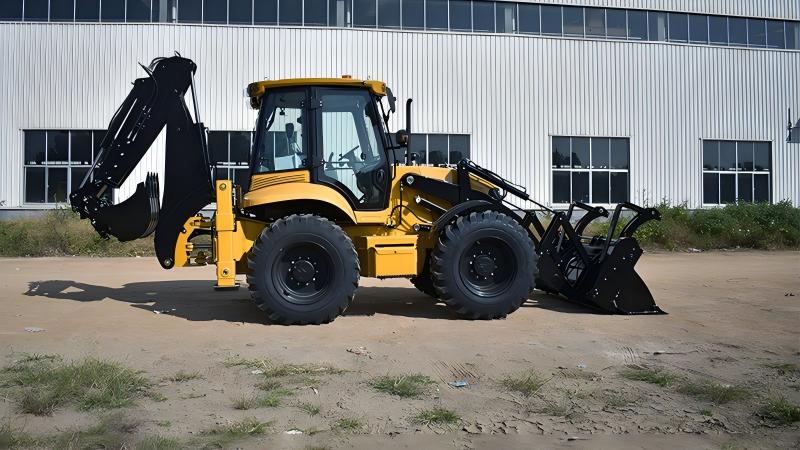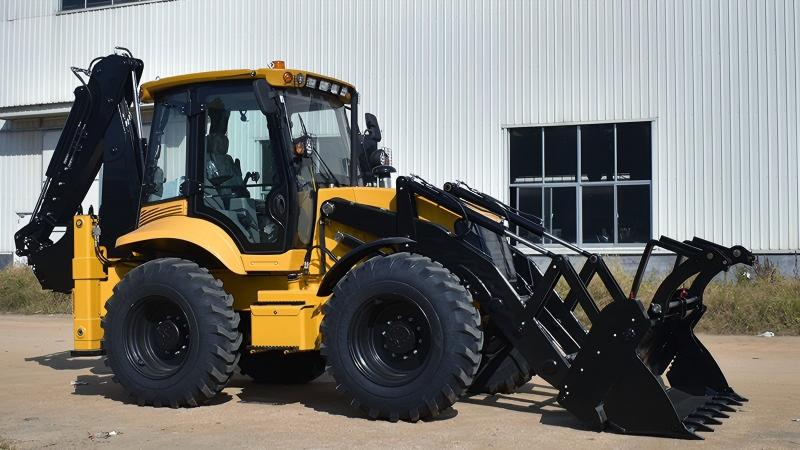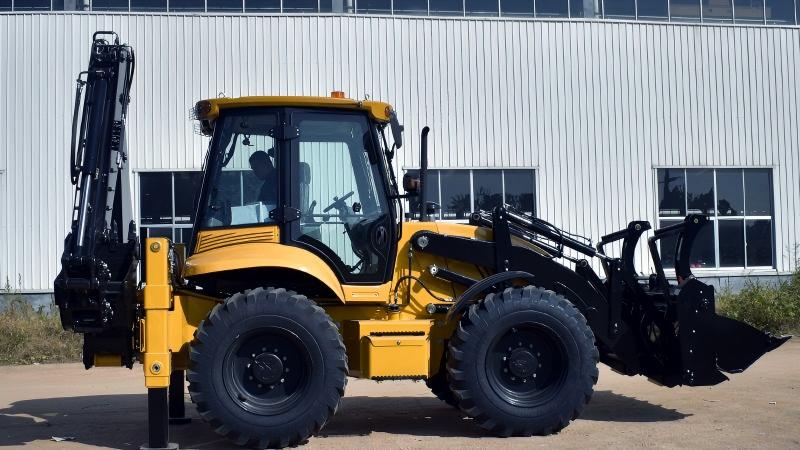Operating a backhoe loader, a versatile piece of construction equipment, often raises questions about whether a special license or certification is required. In the United States, there is no federally mandated "license" akin to a driver's license specifically for backhoe loaders. However, the Occupational Safety and Health Administration (OSHA) mandates that employers must ensure their operators are trained and certified to handle such machinery safely. This requirement stems from the high-risk nature of construction work, where improper operation can lead to serious accidents, including tip-overs, falls, and collisions. The OSHA standard 29 CFR 1926.1427 for crane operation has influenced broader practices, emphasizing the need for formal training and evaluation. Many employers require operators to obtain certification through accredited programs, such as those offered by the National Commission for the Certification of Crane Operators (NCCCO) or other recognized bodies, which include practical and written exams. These certifications validate an operator's ability to perform tasks safely and efficiently, covering topics like load dynamics, site hazards, and equipment maintenance. Without such credentials, operators may face limited job opportunities, and employers could be subject to hefty fines for non-compliance. Thus, while not a "license" in the traditional sense, certification is de facto necessary for professional operation, ensuring adherence to industry standards and promoting a culture of safety on construction sites.
Additionally, the path to becoming a certified backhoe loader operator typically involves a combination of formal education, on-the-job training, and hands-on experience. Many vocational schools and community colleges offer heavy equipment operator programs that include backhoe loader training, often lasting from a few weeks to several months. These programs cover essential skills such as digging trenches, backfilling, loading materials, and navigating varied terrains, all while emphasizing safety protocols like pre-operation inspections and communication signals. Apprenticeships through unions or construction firms provide another route, allowing trainees to learn under experienced mentors while earning wages. The certification process usually requires passing a written test on theoretical knowledge and a practical demonstration of operational proficiency. Key aspects evaluated include the operator's ability to control the machine smoothly, recognize potential hazards, and execute tasks without causing damage or injury. Continuous education is also encouraged, as technology evolves with features like GPS and automated controls, requiring operators to stay updated. This comprehensive approach ensures that certified operators are not only skilled in machine handling but also understand the broader context of construction site safety and efficiency, reducing risks and enhancing productivity.
Moreover, the importance of certification extends beyond legal compliance to encompass insurance and liability considerations. Many insurance providers offer lower premiums to construction companies that employ certified operators, as certification demonstrates a commitment to safety and reduces the likelihood of accidents. In the event of an incident, having certified operators can help mitigate liability for employers, showing due diligence in training and oversight. Furthermore, industry associations like the Associated General Contractors of America (AGC) advocate for standardized certification to elevate professionalism across the construction sector. They highlight that certified operators contribute to fewer equipment downtime incidents, lower repair costs, and improved project timelines. From an environmental perspective, proper training includes lessons on fuel efficiency and emissions control, aligning with growing sustainability goals in construction. Ultimately, investing in certification benefits all stakeholders—operators gain higher earning potential and job security, employers enjoy reduced risks and enhanced reputation, and clients receive better quality work. As infrastructure projects expand globally, the demand for certified backhoe loader operators is expected to rise, underscoring the value of formal credentials in this field.
In conclusion, while no universal "license" exists solely for backhoe loaders, certification is effectively required for safe and professional operation. Regulations like those from OSHA set the baseline, but industry practices have made certification a standard expectation. Prospective operators should seek out accredited training programs and maintain their credentials through ongoing education. As construction technologies advance, the role of certification will likely evolve, incorporating digital tools and new safety standards. For now, obtaining certification remains a critical step for anyone serious about a career operating backhoe loaders, ensuring they meet the demands of modern construction environments.
Post time:Nov.19.2025



